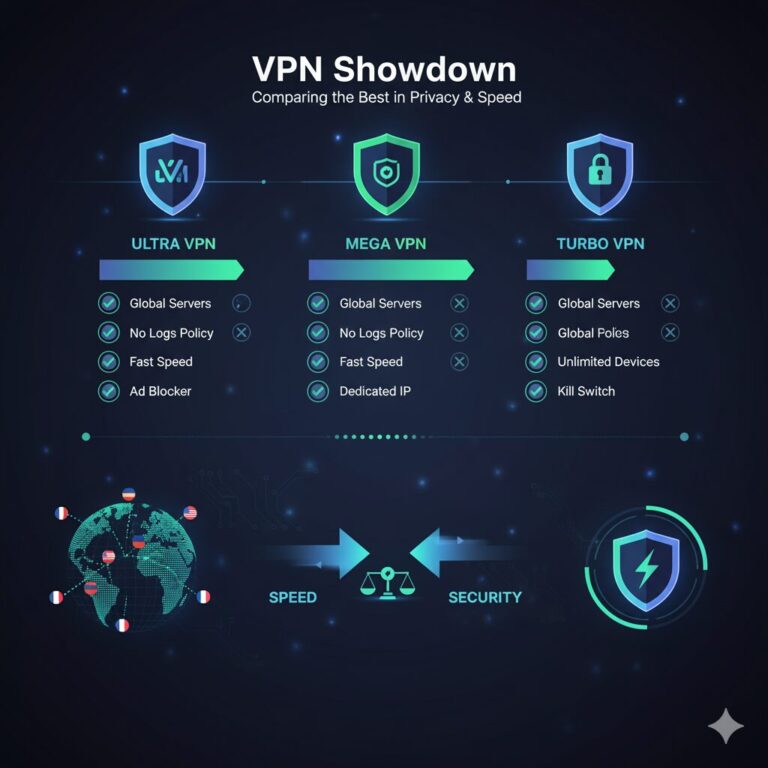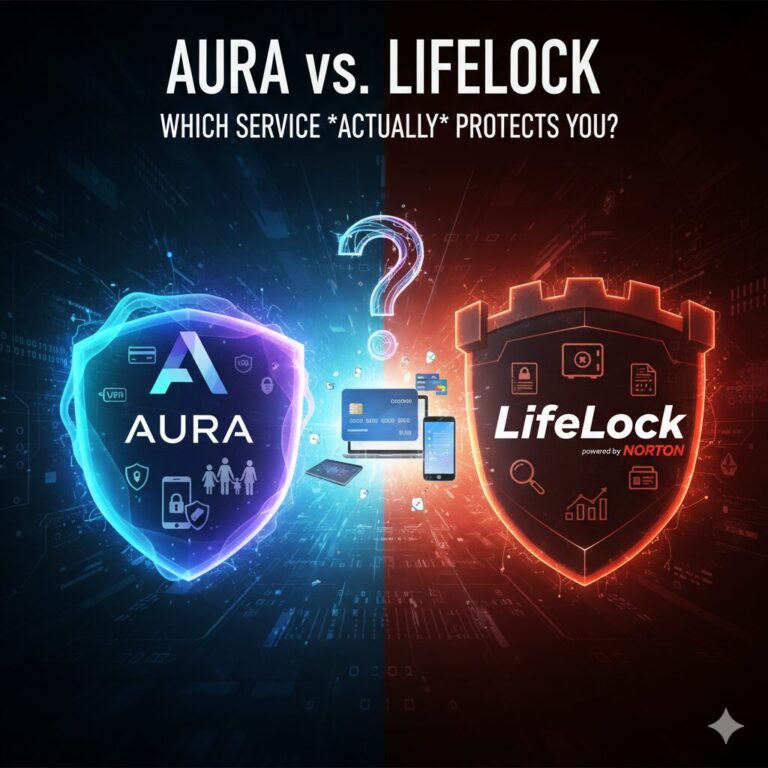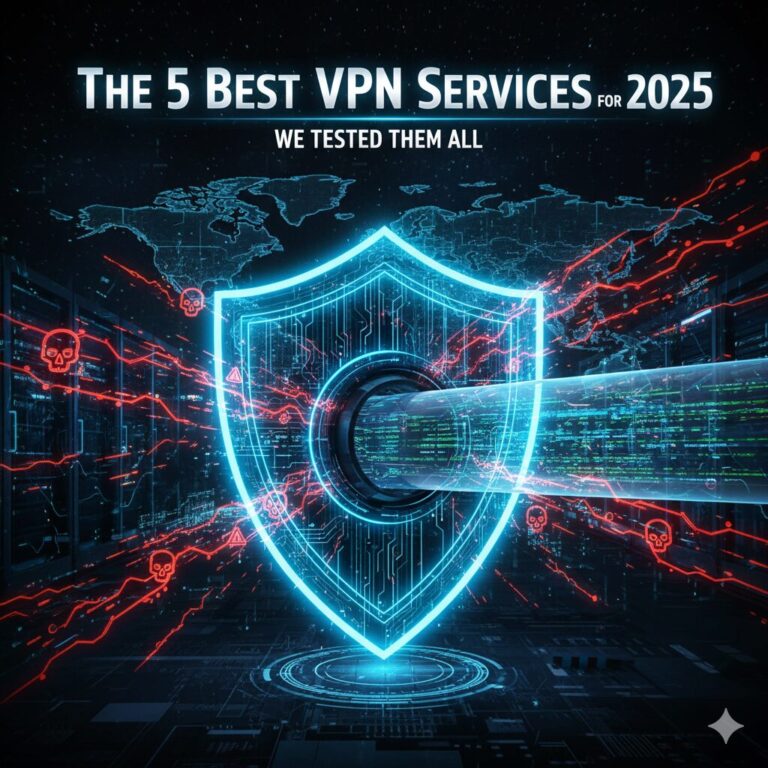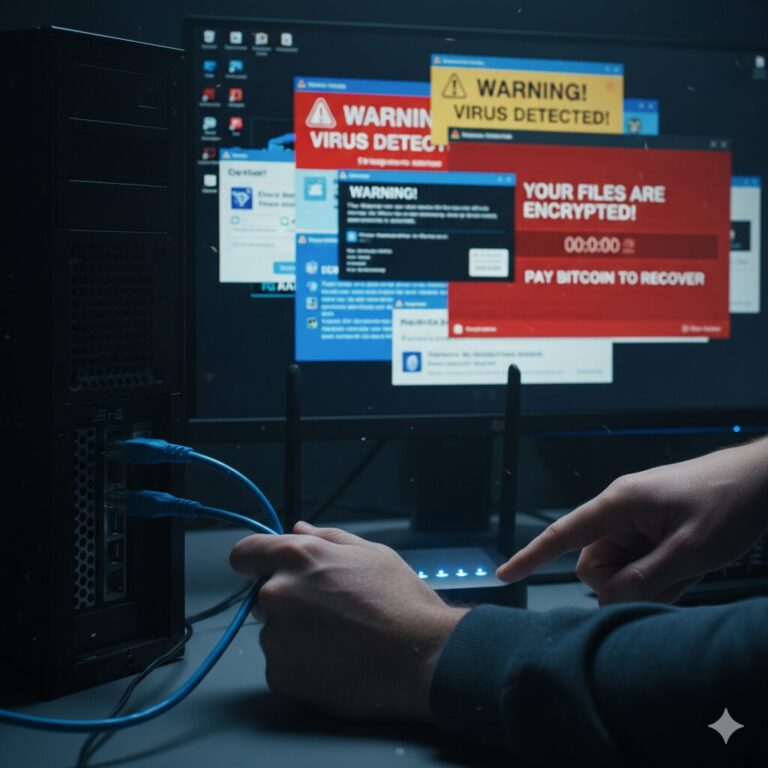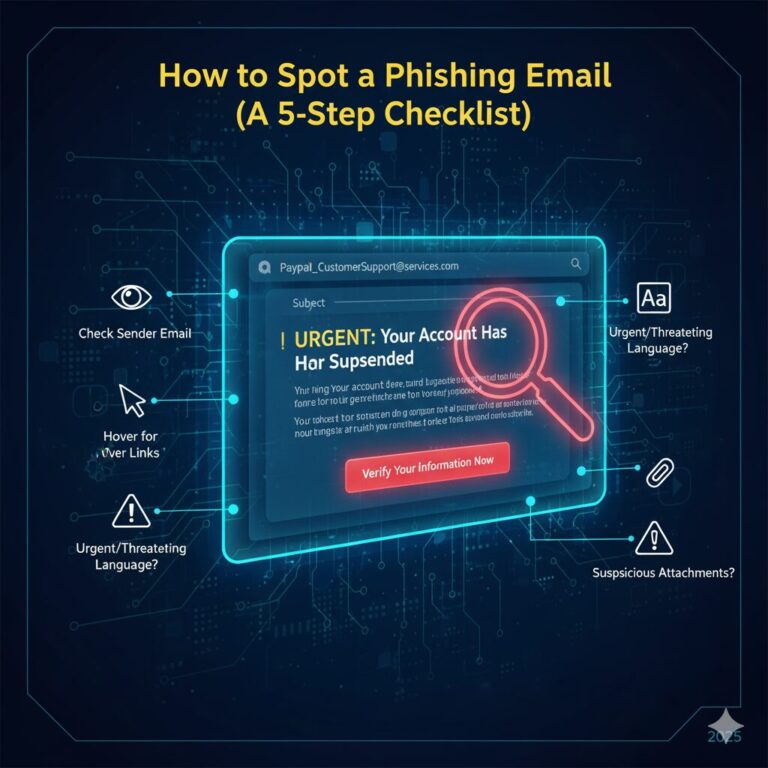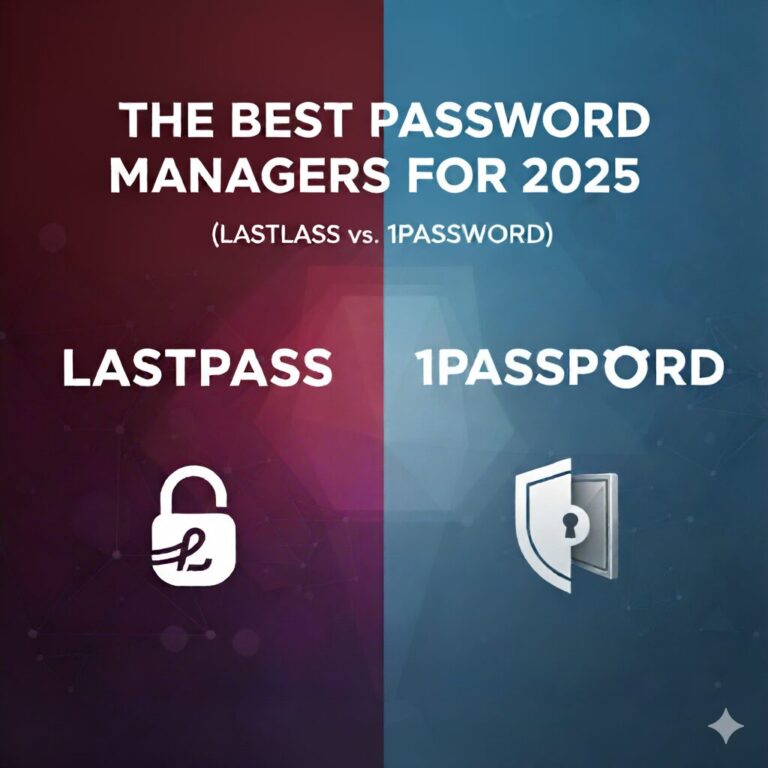The Best Identity Theft Protection of 2025: Your Ultimate Guide to Staying Safe
Let’s be real: in 2025, your personal data is everywhere. From that online store you used once to massive corporate data breaches, your information is constantly at risk. It’s not a matter of if your data will be exposed, but when.
The real question is: what happens next?
Scammers are working 24/7 to use your stolen info—Social Security numbers, driver’s licenses, bank details—to open new accounts, file fake tax returns, or even commit crimes in your name.
Cleaning up that mess is a bureaucratic nightmare. That’s where identity theft protection comes in. This guide breaks down what the best identity theft protection actually looks like and why it’s no longer a “nice-to-have,” but a modern necessity.

What Is Identity Theft Protection (And Do I Really Need It?)
Think of identity theft protection as a 24/7 digital security guard for your personal information.
It’s a service that actively monitors the corners of the internet (and the real world) where your data shouldn’t be. If it spots suspicious activity, it alerts you instantly so you can shut it down.
Spoiler: This is not the same as the “free credit monitoring” you get from your bank. That’s like a smoke detector that only covers one room. True ID theft protection monitors your entire digital life.
Yes, you really need it. The cost of a monthly subscription is tiny compared to the thousands of dollars and hundreds of hours it can take to recover a stolen identity.
Key Features: The “Must-Haves” for Any Top-Tier Service
When you’re shopping for a plan, don’t get distracted by flashy gimmicks. Look for these core features. If a service is missing any of these, keep looking.
1. Comprehensive Monitoring (The Big 3 + More)
This is the baseline. The service must monitor your files at all three major credit bureaus: Equifax, Experian, and TransUnion. An alert from one bureau is good; alerts from all three mean nothing gets missed.
But the best services go further, tracking:
- Bank & Credit Card Accounts: Alerts for new accounts opened in your name.
- Court Records & Public Records: Notifies you if your name appears in a police report or court filing.
- SSN Monitoring: The holy grail for thieves. You need instant alerts if your Social Security Number is used anywhere.
2. Dark Web Scanning
When hackers steal your passwords, email addresses, or SSN, where do they sell them? The dark web. You need a service that constantly scans these shady marketplaces and forums. If your info pops up for sale, you need to know immediately so you can change passwords and lock accounts.
3. Identity Restoration (The Real MVP)
This is the single most important feature.
If the worst happens, you don’t want a FAQ page and a phone number for a call center. You want U.S.-based restoration specialists. These are trained experts who will be assigned to your case, make the phone calls for you, file the paperwork, and work until your identity is fully restored and your name is cleared. This feature alone is worth the price of admission.
4. $1 Million Insurance Policy
A legitimate service will back its protection with a serious insurance policy. This $1 million (the industry standard) isn’t just a marketing gimmick. It’s designed to reimburse you for:
- Stolen Funds: Money taken directly from your accounts.
- Legal Fees: Hiring lawyers to fight fraudulent claims.
- Lost Wages: Paying you for the time you had to take off work to deal with the fraud.
5. Real-Time, Actionable Alerts
An email alert three days after someone opened a credit card in your name is useless. You need instant alerts via text or a mobile app notification. The alert should tell you exactly what the threat is and what to do next (e.g., “A new credit card was applied for. Is this you? Yes/No”).
“But I Use a Credit Freeze. Isn’t That Enough?”
A credit freeze is an excellent, free tool. You should absolutely do it. But it’s not a complete solution.
A freeze stops thieves from opening new lines of credit. It does not stop them from:
- Filing a fraudulent tax return to steal your refund.
- Using your identity when arrested.
- Accessing and draining your existing bank accounts.
- Committing medical identity theft (using your info for healthcare).
The best strategy is to use a credit freeze and a comprehensive identity theft protection service.
The Bottom Line: Don’t Wait to Be a Victim
Choosing the best identity theft protection isn’t about paranoia; it’s about control. In an age where data breaches are a weekly headline, proactive monitoring is the new standard for financial health.
Stop reacting to fraud and start preventing it. Do your research, compare the features that matter (especially restoration and 3-bureau monitoring), and invest in a service. It’s the 21st-century version of locking your front door.

